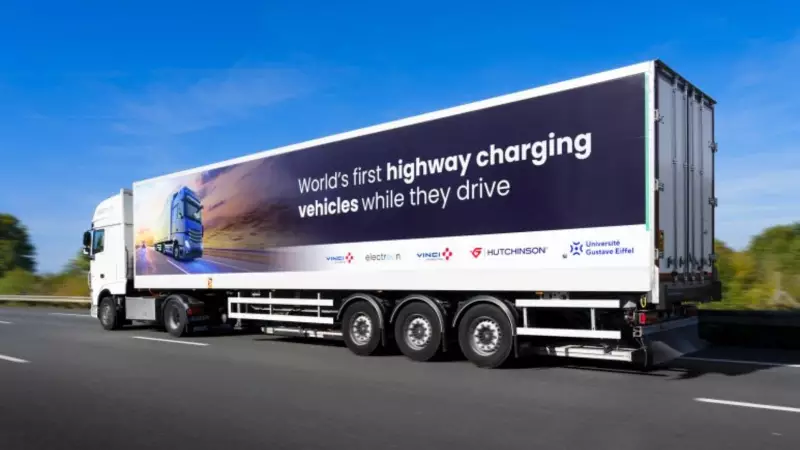
In a revolutionary move that could transform the future of electric mobility, France has officially inaugurated the world's first self-charging wireless electric highway on a public road near Paris. This groundbreaking technology allows electric vehicles to charge their batteries while driving, effectively eliminating range anxiety and paving the way for a new era of sustainable transportation.
The Technology Behind the Innovation
The innovative system employs dynamic inductive charging technology embedded beneath the road surface. Specialized equipment installed under the asphalt creates electromagnetic fields that transfer energy directly to vehicles equipped with compatible receivers. As EVs travel over these electrified sections, they automatically recharge without any physical connection or driver intervention required.
Initial Implementation and Testing
The pioneering project has been deployed on the A10 highway connecting Paris to Orléans, covering approximately 2 kilometers of dynamic charging infrastructure. During the initial testing phase, the system has demonstrated the capability to power various types of electric vehicles, including cars, buses, and commercial trucks, at normal highway speeds.
Environmental Impact and Future Vision
This wireless charging highway represents a significant milestone in France's commitment to carbon neutrality by 2050. By enabling continuous charging during travel, the technology addresses several critical challenges facing electric vehicle adoption:
- Eliminates range anxiety for long-distance travel
- Reduces the need for large, heavy batteries
- Decreases dependency on stationary charging stations
- Supports the transition to smaller, more efficient batteries
Global Implications and Expansion Plans
French authorities have announced ambitious plans to extend the wireless charging network to major highways across the country by 2035. The successful implementation positions France as a global leader in electric vehicle infrastructure innovation, with several European nations already expressing interest in adopting similar technology.
The development marks a crucial step toward creating a comprehensive, sustainable transportation ecosystem where electric vehicles can operate indefinitely without conventional charging stops, fundamentally changing how we perceive electric mobility.





